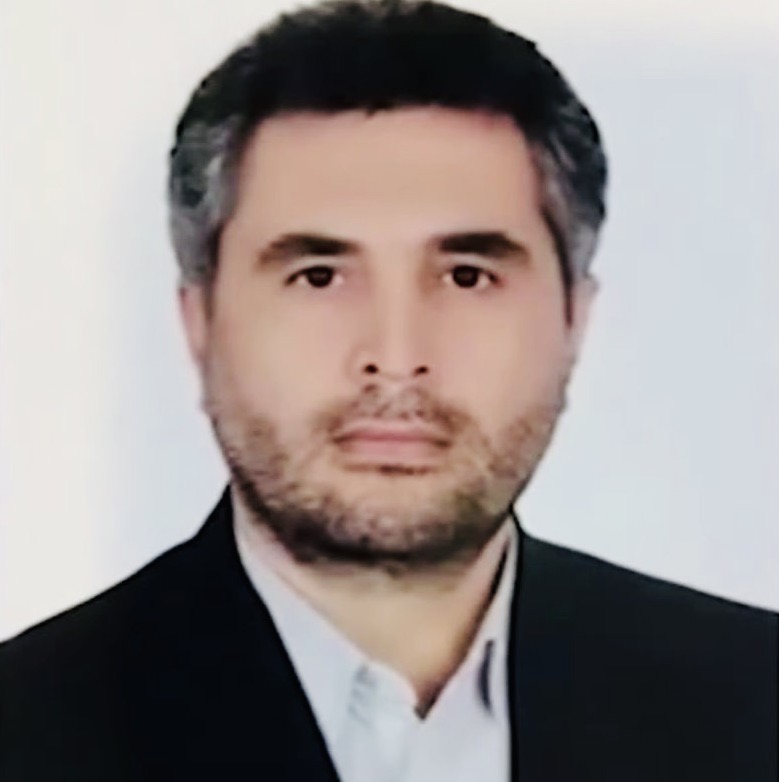Six days after Israeli Defence Minister Benny Gantz vowed to prevent Iran from transferring advanced technology to its Shi’a proxies in the Middle East, Colonel Sayyad Khodaei, a senior official of the Islamic Revolutionary Guard Corps’ Quds Force, was assassinated in broad daylight in Tehran.
The timing was hardly coincidental, given Israel’s under-the-radar battle against Iran on several different fronts. As one Israeli commentator wrote, “Israel’s counter-terrorism campaign has spread from hitting Iranian facilities in Syria into Iran itself.”
On May 16, Gantz said that Israel would “continue to act against any enemy” that threatens Israel’s security, and would “prevent the transfer of advanced capabilities from Iran that endanger the citizens of Israel and harm the stability of the entire region.”
On May 22, two unidentified figures on a motorcycle rode up to the Kia Pride car he was driving in the heart of the Iranian capital and fired five shots at him. He was pronounced dead at the scene.

Israel did not take credit for the strike against Khodaei, but it bore the hallmarks of an Israeli operation, reminding observers of Israel’s assassinations of Iranian nuclear scientists in Tehran some years ago and of the 2020 assassination of Mohsen Fakhrizadeh, an Iranian scientist in charge of Iran’s nuclear program.
At first, surprisingly enough, Iran did not directly blame Israel for Khodaei’s death. Instead, the Quds Force accused “global arrogance,” code words for Israel and the United States, for the killing.
But on May 23, Iran officially blamed Israel for the targeted killing. “We will make the enemy regret this and none of the enemy’s evil actions will go unanswered,” declared the commander of the Islamic Revolutionary Guards Corp, General Hossein Salami. Majid Mirahmadi, a member of Iran’s National Security Council, said the killing was “definitely the work of Israel” and promised vengeance.
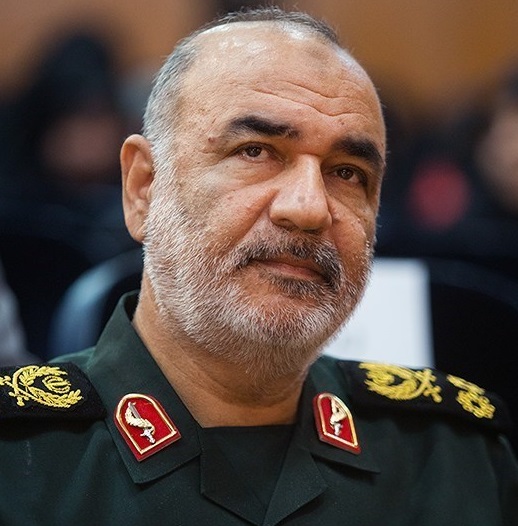
Reports from Iran identified Khodae as a “defender of the sanctuary,” an implicit reference to Quds Force military entrenchments efforts in Syria and Iranian operations in Iraq, where’s Iran’s influence has been predominant since the U.S. invasion of Iraq in 2003.
By all accounts, Khodae was a close associate of Qassem Soleimani, the former commander of the Quds Force. He was killed in Baghdad in January 2020 by a U.S. drone strike.
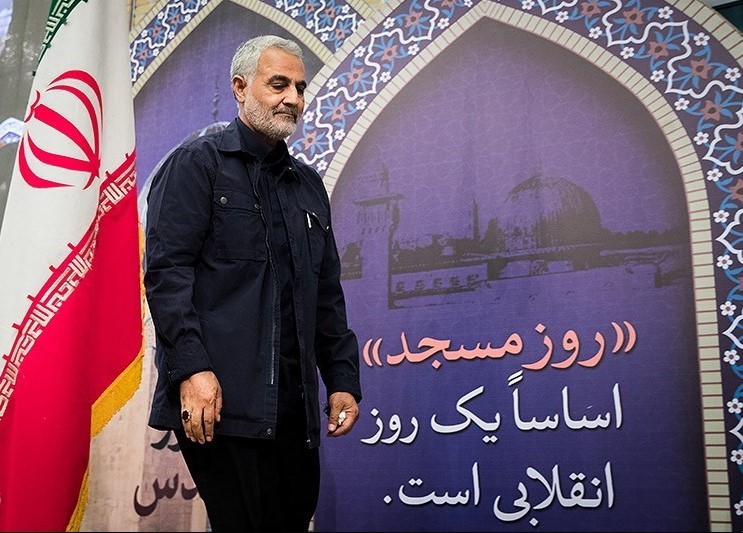
For the past decade, Iran has been busy establishing bases in Syria, its chief Arab ally, and assisting Shi’a militias in Iraq. By way of response, Israel has carried out hundreds of air raids against Iranian sites in Syria and has occasionally bombed Shi’a bases in Iraq.
Khodae, the deputy director of the Quds Force’s weapons development and technological department, was almost certainly a key participant in Iran’s ongoing project to upgrade Hezbollah’s vast arsenal of rockets into precision missiles capable of striking sensitive Israeli targets.
Gantz was doubtless referring to this menacing threat when he said that Israel would do its utmost to block “the transfer of advanced capabilities” from Iran to Hezbollah, which fought a month-long war with Israel in the summer of 2006.
In addition, Khodae was reportedly involved in a car bombing directed against an Israeli diplomat in New Delhi in 2012 which seriously injured his wife. Khodae, too, may have had a hand in planning attacks against Israelis in Turkey, Kenya and a number of countries in South America.
Recently, Israel foiled an Iranian scheme to lure Israeli scientists, journalists and businessmen to professional conferences abroad in order to kidnap or murder them.
Last month, Mossad agents in Tehran reportedly abducted Mansour Rasouli, an Iranian operative asssigned by the Quds Force to kill Israelis in Ankara and Istanbul. The Mossad released Rasouli after he admitted the Quds Force had recruited him.
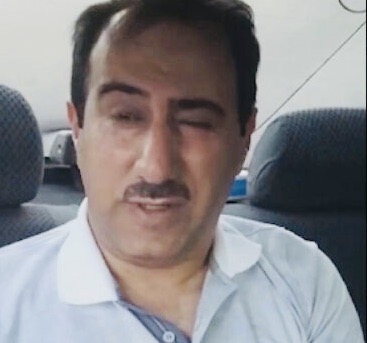
The Islamic Revolutionary Guard Corps was labelled as a terrorist organization by the United States several years ago, and will remain on the U.S. State Department’s list of foreign terrorist groups.
Israel feared that Washington would remove it from this list so as to revive the 2015 Iran nuclear agreement, from which the Trump administration unilaterally withdrew in 2018.
Last month, U.S. President Joe Biden notified Israeli Prime Minister Naftali Bennett that the Islamic Revolutionary Guard Corps will, in fact, stay on the list.
Biden’s decision was a source of relief to Israel, but new tensions are building between Israel and Iran — eight months after the Israeli chief of staff, General Aviv Kohavi, announced he had instructed the armed forces to draw up fresh plans for a possible Israeli strike on Iran’s nuclear infrastructure.
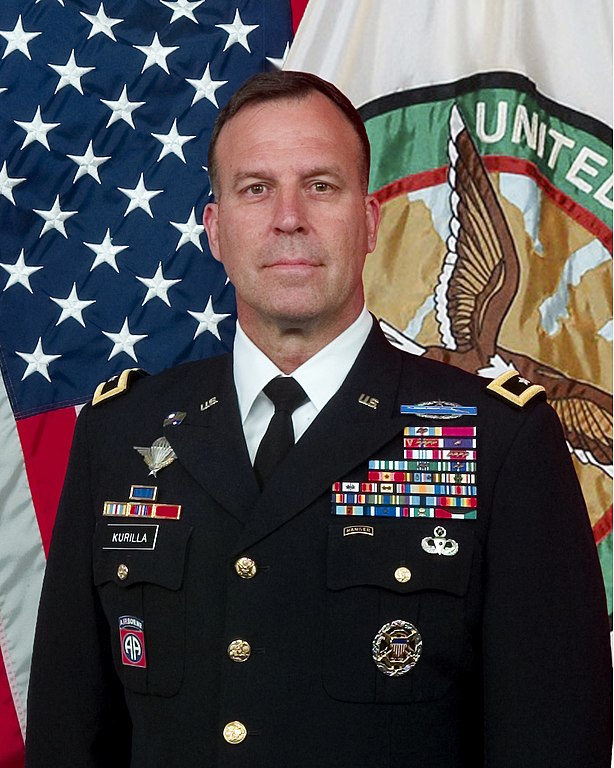
Recently, General Michael Kurilla, the commander of the United States Central Command (CENTCOM), visited Israel. This was a significant visit because CENTCOM’s area of responsibility is the Middle East.
Later this month, the U.S. Air Force will take part in Israel’s largest exercise simulating an attack an Iran’s nuclear facilities. The joint drill is regarded as a potential message to the Iranian government that the United States may well yet support an Israeli air offensive to demolish or damage Iran’s nuclear program.
According to Gantz, Iran is only a “few weeks” away from accumulating enough fissile material to build an atomic bomb. “Iran continues to accumulate irreversible knowledge and experience in the development, research, production and operation of advanced centrifuges,” he said on May 17.
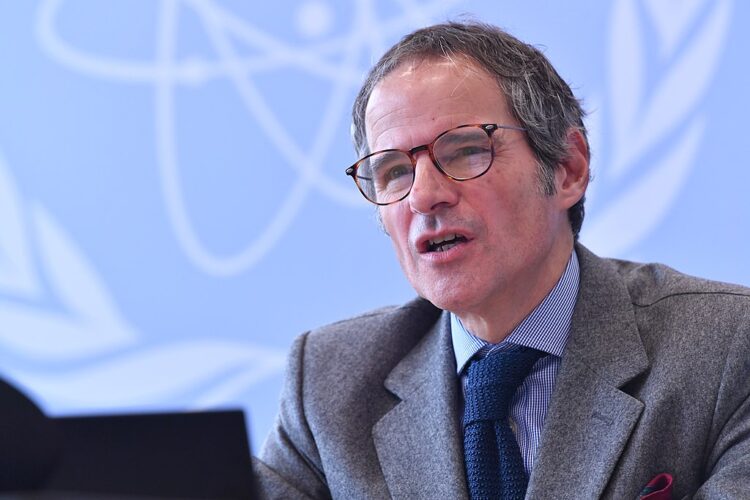
In April, the director-general of the International Atomic Energy Agency, Rafael Grossi, disclosed that Iran has built a new centrifuge parts workshop at its Natanz nuclear facility.
Judging by the latest developments, Israel and Iran are on a collision course, but no one knows when their covert shadow war will explode into a fullscale war.
